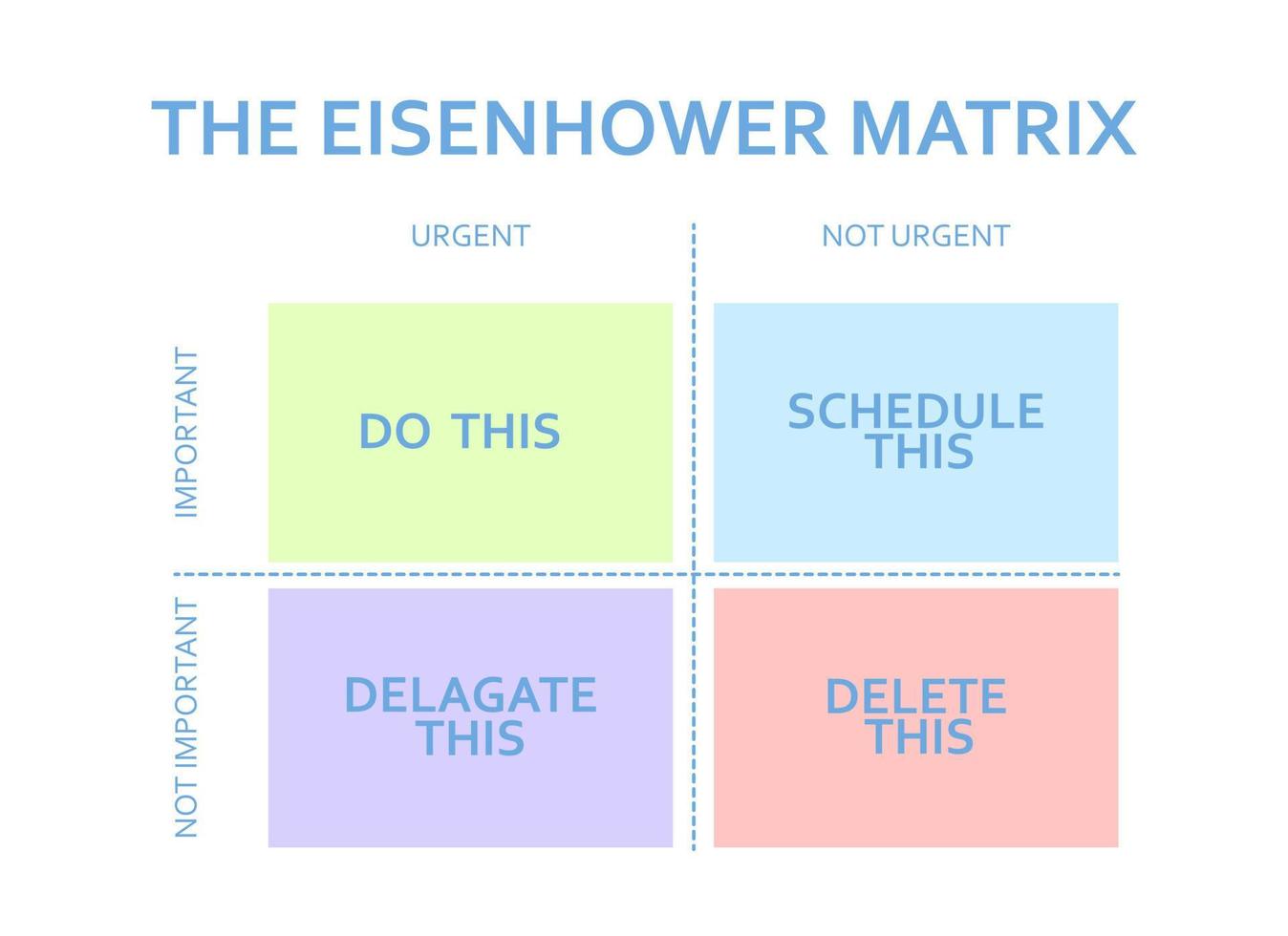Stress is a big problem in many workplaces—in fact, it’s at an all-time high. Now more than ever, it’s important to learn how to manage stress at work.
Why is this becoming so essential?
Beacuse all of this stress is incredibly bad for us. Research tells us that stress negatively impacts both our minds and bodies with short and long-term effects including:
- Sleep disturbances
- Job dissatisfaction and low morale
- Poor focus and productivity
- Workplace injury
- Cardiovascular disease
- Psychological disorders
Managing stress in the workplace and prioritizing employee well-being is absolutely essential. But doing this in a hybrid work environment poses its own challenges.
Here’s why stress is so prevalent as well as some strategies for how to manage stress at work and why coworking spaces may play a key role in it all.
Why So Stressed? Common Workplace Stressors
A 2022 study found that 44% of employees experienced a lot of stress during their workday. This represented a new all-time high, even topping stress during the pandemic in 2020.
This indicates a need to urgently figure out how to manage stress at work.
Stress is something most of us will experience in our work and careers. And while each person faces their own stressors, there are some common ones that impact many people:
- Workload: Too much work, tight deadlines, and strict project requirements can all be causes of stress in the workplace.
- Communication: Even colleagues who work well together may experience communication breakdowns at some point. This causes interpersonal conflict and results in elevated stress levels. Hybrid work schedules and virtual communication can exacerbate this problem, too.
- Isolation: Particularly relevant to those who work from home, isolation can be a major cause of stress. We’re social creatures, and not having anyone to talk out issues or challenges can make problems more stressful than they need to be.
- Work-life balance: Many people who work remotely or on a hybrid schedule find it hard to disconnect from work. Without physical separation between work and home, it’s hard to “shut off” and pursue non-work hobbies or activities.
No matter what your specific situation is, there’s a need to figure out how to manage stress at work. Without intentionally doing so, you may experience significant short and long-term detriments to your physical and mental health.
How to Manage Stress at Work: 5 Key Tips
It’s not realistic to strive for a zero-stress life. In fact, some stress is actually a good thing — it can push you to grow and improve. But as we’ve seen, elevated levels of stress aren’t good. Here are five key ways to manage stress you face in the workplace.
1. Take Breaks
One of the biggest options for how to manage stress at work is by disconnecting from work and taking a break.
You can do this in a variety of ways:
- Use your breaks to go for a walk or connect with a loved one on the phone.
- Schedule a lunch date with someone to stay accountable to your breaks.
- Join a mid-day exercise class or meet-up group to force yourself to keep a break.
Taking breaks supports overall wellness at work, and is a great way to take care of your mind and body.
2. Practice Mindfulness
Cultivating a mindfulness or meditation practice can be an extremely beneficial tool. A meta-analysis of over 200 studies found that it can reduce stress, anxiety, and depression.
There are many ways to get started with this, but here are a few ideas:
- Download an app like Calm for guided meditations.
- Cultivate thankfulness with one of these eight gratitude practices.
- Take a walk and leave your phone at home so you can pay attention to what you’re seeing, thinking, and feeling.
3. Exercise Time Management
If your workload or deadlines are stressing you out, it may be time to evaluate your time management to see if there are ways to become more efficient. If you’ve already done this, it may be time to talk to your manager about workload and expectations.
Here are two key tips for managing your time.
1. Prioritize your tasks according to the Eisenhower matrix
Categorize your day’s tasks by urgent and important (do these first), not urgent but important (make time for this), urgent but not important (delegate elsewhere), and neither urgent nor important (give these up).
2. Pick a system and stick to it
Whether it’s a pen-and-paper list or a complex Trello board, pick an organizational system and commit to it instead of switching things around all the time.
4. Prioritize Self-Care
There’s a lot of talk about self-care today, but the reality is that it looks different for each person. Self-care could be taking a relaxing bath or pushing yourself to exercise — it depends on what you and your body need most.
Focus on self-care activities that:
- Help you truly relax (not just numb out by watching TV).
- Make you feel your best.
- Support your goals and personal growth.
5. Connect With Others
The last way to minimize stress in your life is by focusing on meaningful connections with people you care about. This helps you take your mind off of stressors and receive support from people who care about you.
Here are a few ideas:
- Join a club, hobby, or volunteer group to make more connections.
- Prioritize in-person interaction over digital forms.
- Use breaks to connect with people you love.
Why Coworking Spaces Help Manage Stress at Work
When it comes to how to manage stress at work, you can absolutely start implementing any of the above strategies. That said, we believe coworking spaces are uniquely positioned to provide benefits to professionals and can hit a number of stress-reduction strategies at the same time.
Why?
A few reasons:
- Productivity: Coworking spaces are designed to get work done. Private offices help you focus in a quiet environment, bookable meeting rooms help you connect effectively with your team, and amenities and services ensure you have everything you need to get work done.
- Spatial Diversity: From lounges and outdoor spaces to phone booths and a shared kitchen, coworking spaces like The Colab Space provide a variety of options. This lets you do anything from productive deep work to taking a much-needed break and connecting with others.
- Social interaction: Whether you use the shared coworking space or have a team of colleagues in a private office, there are simply more opportunities to connect with other people in a coworking space than in your home office. This helps relieve stress and makes work more enjoyable. The value of social interaction in the workplace can’t be overstated — it’s key to your mental health and well-being.
Stress is a big part of many people’s work life — but it doesn’t have to be. There are many strategies on how to manage stress at work that can help you feel better and thrive.
And using a coworking space can be an effective part of your strategy. Coworking spaces are designed for productivity and social interaction, making it easier to put your self-care, work-life balance, and other strategies into action.
If you’re looking for a workspace that prioritizes your personal and professional well-being, book a tour of The Colab Space today.



